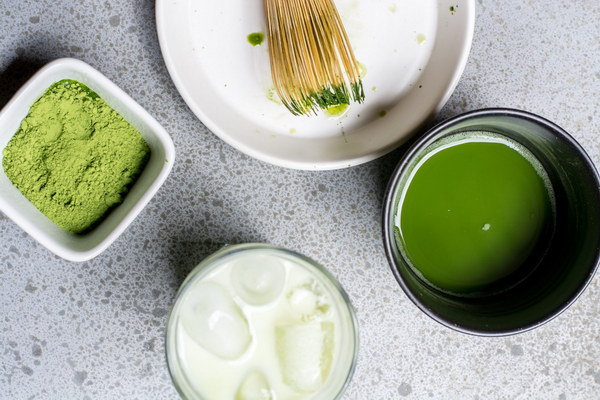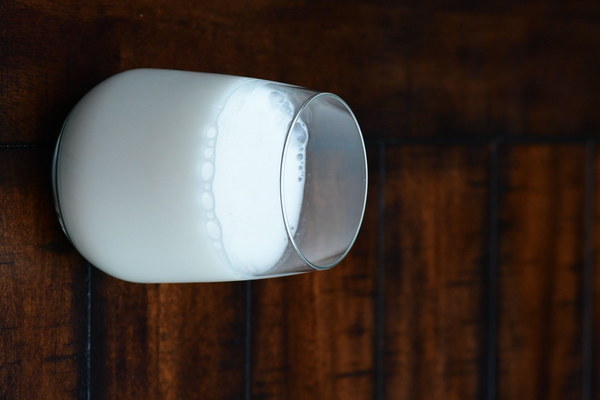Tea The Natural Lung Detoxifier - Does It Really Clear the Lungs
In the realm of herbal remedies and traditional medicine, tea has long been revered for its numerous health benefits. One of the most debated benefits of tea consumption is its potential to act as a natural lung detoxifier. But does drinking tea really help clear the lungs? Let's delve into the science and folklore behind this claim.
The concept of tea as a lung detoxifier is rooted in traditional Chinese medicine (TCM), where it is believed that tea has the ability to expel toxins from the body, including those that may accumulate in the lungs. This belief is supported by the fact that tea is rich in antioxidants and polyphenols, which are known to have anti-inflammatory and detoxifying properties.
One of the primary compounds in tea that is thought to contribute to its lung-cleansing properties is catechins. Catechins are a type of flavonoid that have been shown to have a powerful antioxidant effect, which helps neutralize harmful free radicals and protect the lungs from oxidative stress. Green tea, in particular, is known to have a high concentration of catechins, making it a popular choice for those seeking lung detoxification.
Another compound found in tea that may contribute to its lung-cleansing effects is tannin. Tannins are a type of polyphenol that can help bind to and remove heavy metals and toxins from the body, including those that may accumulate in the lungs. Black tea and oolong tea also contain tannins, along with other beneficial compounds, such as theaflavins and thearubigins.

While the scientific evidence supporting tea's lung detoxifying properties is not entirely conclusive, there are several studies that suggest a correlation between tea consumption and improved lung health. For example, a study published in the journal Respiratory Research found that people who drank green tea regularly had lower levels of exhaled nitric oxide (eNO), which is a marker of airway inflammation. Another study, published in The American Journal of Clinical Nutrition, reported that participants who consumed the most green tea had a lower risk of chronic obstructive pulmonary disease (COPD).
In addition to the potential detoxifying effects of tea, there are several other reasons why it may be beneficial for lung health. For instance, tea is known to help relax the bronchial muscles, which can reduce the frequency and severity of asthma attacks. It also contains compounds that can help reduce the risk of infections and improve respiratory function.
However, it is important to note that while tea may offer some lung-cleansing benefits, it is not a substitute for proper medical treatment and lifestyle changes. For individuals with existing lung conditions, it is crucial to consult with a healthcare provider before making any significant changes to their diet or routine.
In conclusion, while there is some scientific evidence to suggest that tea may have lung-cleansing properties, it is important to approach this claim with a degree of caution. While tea is a healthy beverage that can contribute to overall lung health, it should not be considered a magic potion for respiratory issues. Incorporating tea into a balanced diet and maintaining a healthy lifestyle are key factors in promoting lung health and preventing respiratory conditions. So, the next time you sip on a steaming cup of tea, take a moment to appreciate its potential benefits for your lungs, while also recognizing its limitations.









